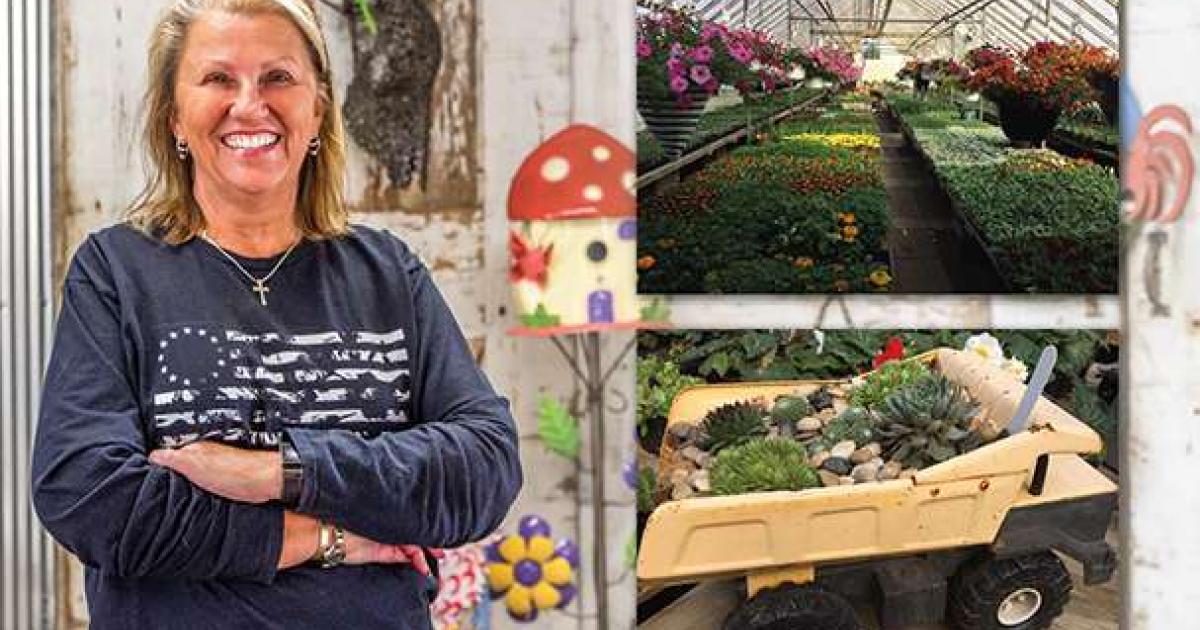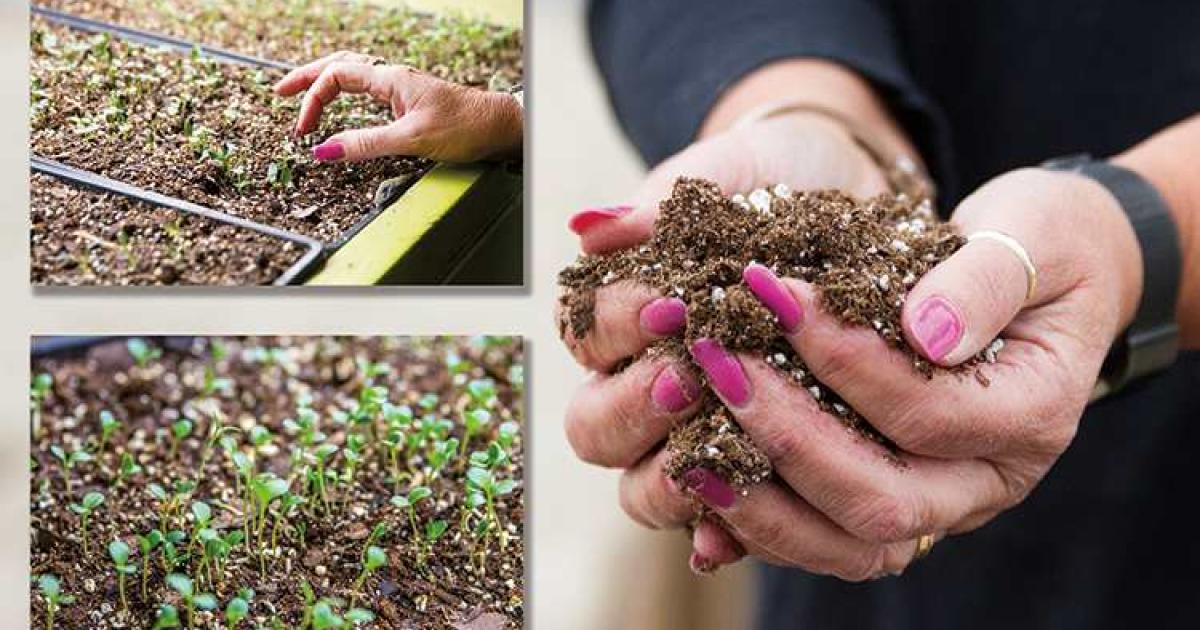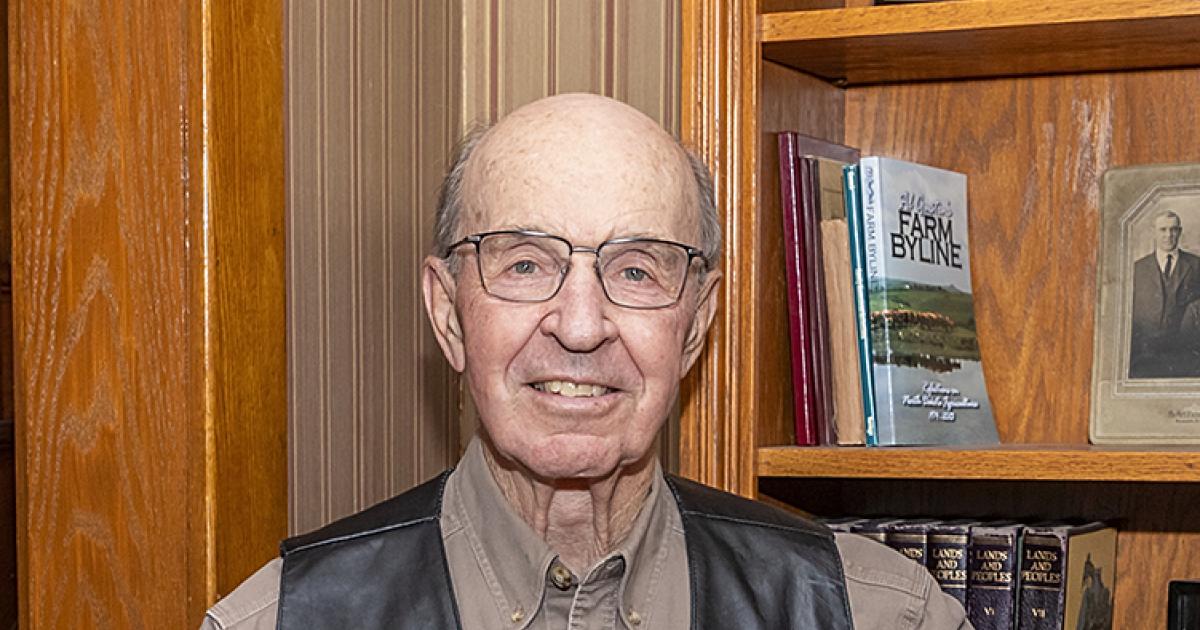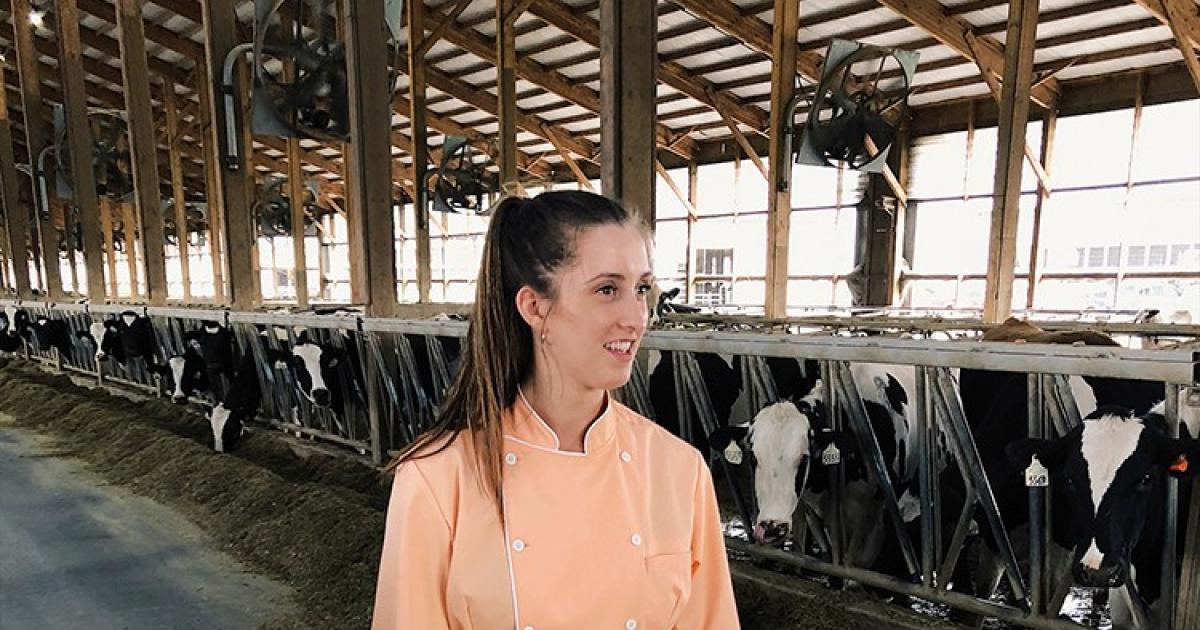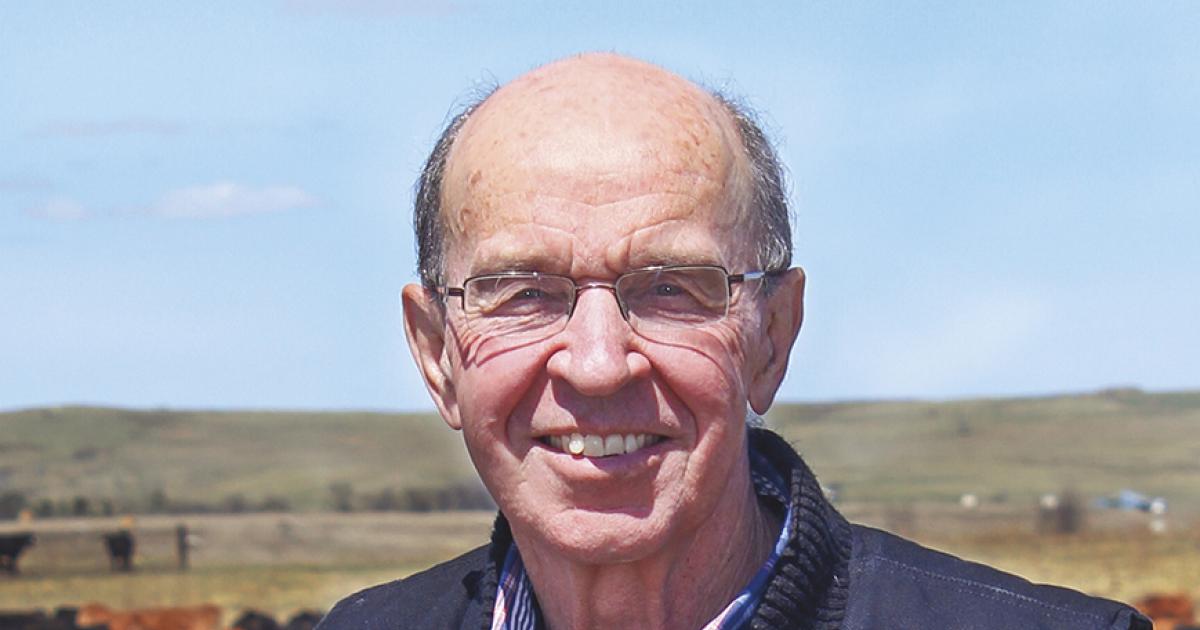Owner Holly Wilson goes to market each year to order garden décor. Here, the garden décor is in a part of the greenhouse that used to be a horse stable, which adds to its charm and character.
Each spring, Grandma Clara tended to her garden, planting and caring for perennials that surrounded her home. She planted beautiful flowers at the edge of her huge vegetable garden. And maybe, intentionally, Grandma Clara planted the longest-lasting perennial of all when she sowed the seeds of desire in her granddaughter, rightly named Holly.
“I got my love for flowers from my grandma,” says Holly Wilson, owner of Cando Greenhouse in Cando.
Born in Baudette, Minn., Holly and her husband, Chuck, lived in several places in both Minnesota and North Dakota until Chuck decided to buy the Chevrolet Body Shop in Cando. There, the Wilsons raised their four children – Brandon, Chas, Cassidi and Tayler.
Used to physical labor after growing up on a farm, Holly started working at the Cando Greenhouse nearly two decades ago. She worked alongside the owner, Gary Hagler, each season, slowly picking up the tips of the trade.
“At the end of the season in 2009, Gary asked if I wanted to buy the greenhouse,” Holly says.
The question surprised her, because she didn’t know that Hagler wanted to retire, nor expect that he would ask her to buy it.
“The first thing I said to him was ‘I’m not sleeping here,’” Holly laughs.
She meant it, literally. That’s because each season during the colder months, Hagler slept in a small quarters at the greenhouse so that he could be sure the furnace kept working through the night.
The owners before Hagler, who added the sleeping quarters, had it worse. To keep the greenhouse warm throughout the night, they would wake several times to shovel coal into a coal furnace.
Holly told Hagler she needed time to think as she knew buying this greenhouse was a big commitment. Over the next two weeks, Holly mulled it over. She also discussed it with her family and with their full support, they decided to buy the business.
Hard lessons learned early
The Wilsons began working on the greenhouse soon after buying it, cleaning, painting and fixing it up. During their first year of ownership, they didn’t change it too much, thankfully, because the next year was a rough one.
In the winter of 2010, keeping true to her promise to “not sleep at the greenhouse,” Holly came to work one morning to find that the furnace quit operating during the night. All the sprouted plants Holly sowed had died.
Devastated, but not defeated, the Wilsons plowed through. Within a week, they contacted Mark Brehm, a local electrician and director at Northern Plains Electric Cooperative, their power provider. Brehm installed an alarm system in every planting house. Now, if the temperature drops below 42 degrees, an alarm tied to their landline and cellphone notifies them. This allows the Wilsons time to get to the greenhouse to solve the problem before any damage is done.
Even with new technology, the Wilsons need to keep watch. A couple years ago on a frigid winter day, a power outage tested their will once more. Without electricity, the propane furnace quit working.
Chuck worked quickly to hook up their only generator to one of the three greenhouses that needed to be kept warm. Word spread through the small town, and soon people in the community began bringing their generators. Since the power was out, none of the gas pumps worked, and when the generators ran out of gas, they thought they were doomed. The community rallied yet again, as people started bringing any gas they had in their cans to keep the generators going.
“It probably only lasted three hours, but it seemed like 12,” Holly says. “I was so grateful to the community and to the linemen who came to restore the power.”
With all of their help, the Wilsons didn’t lose a single plant.
No ‘off’ season
After owning the business for a decade now, Holly loves her trade. In the dead of winter, she enjoys sowing thousands of seedlings in planting trays in the heated houses they added to the greenhouse over the years.
In the winter, packages she ordered after seeing them the prior fall start arriving. Hundreds of garden décor items, pots and other wares come by the truckloads. Holly and Chuck also take treasures they find on “junking” trips, as she calls them, each summer after her plants sell out. Together, they create unique planting bins.
Each day, she tends to the plants, making sure the temperature is about 70 degrees and the fans are circulating the air. This creates an outdoor environment inside those walls, which is critical to healthy plant growth.
By early spring, Holly is ready for one of the busiest days of the year – Mother’s Day. Some days get long, but Holly doesn’t mind. She will often put in 15-plus hours a day, for months. And just as they came to warm her greenhouse during the power outage, people arrive again with warm hearts and plates of food, knowing that Holly likely hasn’t even taken a break to eat.
People also come to Cando Greenhouse from as far away as New Town, often groups of girlfriends towing trailers, as they make their annual trek for garden season. This is what makes Holly happy.
For Holly, it is more than a job – it is her passion. As long as the customers keep coming, the Wilsons and their children and grandchildren will keep the love of gardening growing for generations to come.
Clarice L. Kesler is communications manager for the North Dakota Association of Rural Electric Cooperatives and serves on the Brand Strategies Committee for Touchstone Energy Cooperatives. She can be reached at ckesler@ndarec.com.
About Holly’s co-op – Northern Plains Electric Cooperative
• One of 16 distribution electric cooperatives in North Dakota, Northern Plains Electric Cooperative is the largest geographically.
• It serves some 11,703 meters of 8,214 members on 6,793 miles of line in a 50-to-70-mile area from south of Jamestown to the Canadian border.
• From headquarter offices in Carrington and Cando and outposts in several small towns, 42 employees work full time to provide members with electricity and to improve the quality of rural life.
• Formed from the consolidation of Tri-County Electric Cooperative and Baker Electric Cooperative in 1997, Northern Plains is one of 700 electric cooperatives across the nation that are branding themselves as a Touchstone Energy Cooperative.®
• As a Touchstone Energy Cooperative, Northern Plains must undergo a compliance process every other year to document that it serves its customers with the highest levels of excellence. It must also provide evidence that it truly "has the power" of the Touchstone Energy brand: integrity, innovation, accountability and commitment to community.


